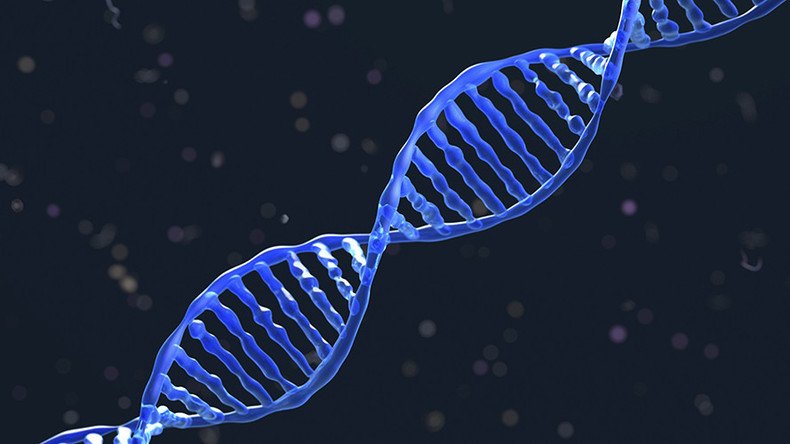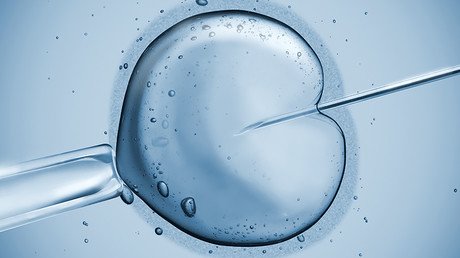DNA privacy protection tackled by new encryption technology – study

Scientists have developed an encryption technique to protect sensitive genetic information from possibly being exposed during DNA tests.
The discovery of the ‘genome cloaking’ method could vastly improve patient privacy, according to biologists, computer scientists, and cryptographers at Stanford University who devised the technique.
Privacy experts have previously warned of the security risks surrounding DNA testing, saying patients are giving away access to their full genetic code without control over who can acquire it.
Gene-editing breakthrough: international research team has successfully repaired faulty DNA in a live embryo https://t.co/8n6OjXdmy0pic.twitter.com/P9ilZYdfma
— RT (@RT_com) August 3, 2017
This tech breakthrough conceals 97 percent of genetic information in individuals’ genomes while still revealing disease-associated mutations.
“We now have the tools in hand to make certain that genomic discrimination doesn’t happen,” said Gill Bejerano senior author of the study.
“There are ways to simultaneously share and protect this information. Now we can perform powerful genetic analyses while also completely protecting our participants’ privacy.”
Each individual encrypts their genome with the help of a simple algorithm on their own computer or smartphone.
The encrypted information is uploaded into the cloud and the researchers then use a cryptographic technique that ensures the input data remain private to conduct the analysis and reveal only those gene variants likely to be relevant to the medical inquiry.
“In this way, no person or computer, other than the individuals themselves, has access to the complete set of genetic information,” said Bejerano.
In 2008, President George W. Bush signed the Genetic Information Nondiscrimination Act, which prohibits discrimination in matters of health insurance and employment based on an individual’s genetic information.
However, loopholes left other areas open to possible discrimination, including the purchase of life or disability insurance or applying for a loan. These companies can ask for genetic information and reject people deemed high risk.
.@UW researchers find #security vulnerabilities with computer systems that use #DNA sequencing https://t.co/H8205XR1Mh#cybersecurity@uwcsepic.twitter.com/i0f7uLh3Q3
— UW News (@uwnews) August 10, 2017
Earlier this month, a group of biohackers from the University of Washington demonstrated for the first time that it’s possible to encode malicious software into physical strands of DNA.
This can turn code into executable malware that attacks the computer system running the software during DNA analysis.













